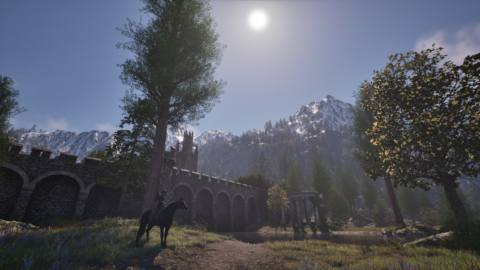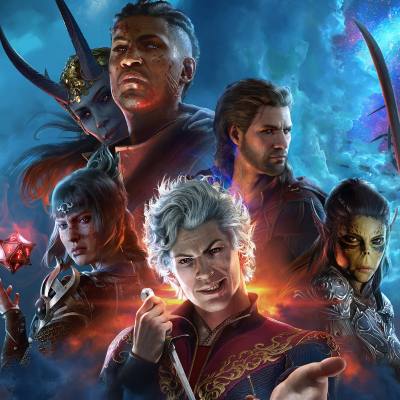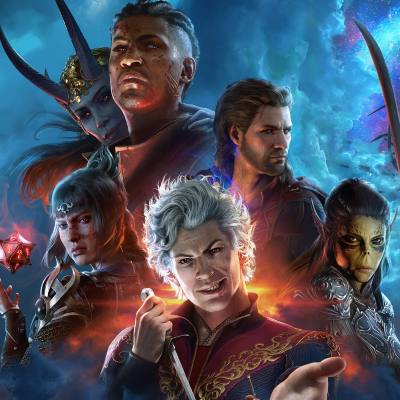At their inception, MMOs were weird. The progenitors of the genre—MUDs, Ultima Online, EverQuest, and RuneScape—were strange sandbox RPGs that delivered what was, at the time, the magical experience of being surrounded by other real people in a digital space. Then World of Warcraft happened in 2004. It became a household name and over time terms like “raiding” and “guilds” became common cultural parlance. And mainstream MMOs have been treating WoW like the blueprint ever since.
I grew up in the era when every new MMO wanted to be the WoW-killer and frankly, none have ever really pulled it off. Not only is WoW still one of the best MMOs 20 years later, but nearly everything else we consider the best is derived from it in some fashion. I've easily spent over an entire real year's worth of hours combined in Guild Wars and its sequel, The Elder Scrolls Online, Black Desert Online, Final Fantasy 14, and others. And aside from BDO's nice combat and management activities—and some other outliers like EVE: Online and Destiny 2—the lot is still fundamentally clutching at WoW's coattails.

For a couple years now I've been saying that I desperately want MMOs to get weirder. I'm weary of skill hotbars, fetch quests, and reducing every interaction to pressing F. But I am cognizant that a genre defined by its massive player counts is slow to change precisely because deviation from convention can spell financial failure. That's why I was so eagerly awaiting the PC launch of Thatgamecompany's unusual MMO Sky: Children of the Light.
It challenges the assumption that MMOs need these systems to succeed or that they need to be RPGs at all.
Sky looks nothing like the MMORPGs that have dominated the space for two decades. It's clearly derived from Thatgamecompany's prior hit Journey with exploration based on flying, collectibles for leveling up your cape, and an emotional story told by a silent cast backed by a beautiful soundtrack. Sky's developer refers to it as a social MMO, a decidedly different experience from an MMORPG, but one that I've found just as engrossing as my years in GW2 and TESO.
And it is genuinely an MMO, make no mistake. Sky has handfuls of players all milling around together in hubs and explorable zones, but no server text chat. It has daily quests and grinding for currency, but no auction house economy. It has fashion—oh so much fashion—and a cash shop too, but no gear stats to fuss over. It even has an endgame ascendancy system and difficult platforming challenges that I'd equate to its version of dungeons (or Guild Wars 2s jumping puzzles) though no raiding or guilds.
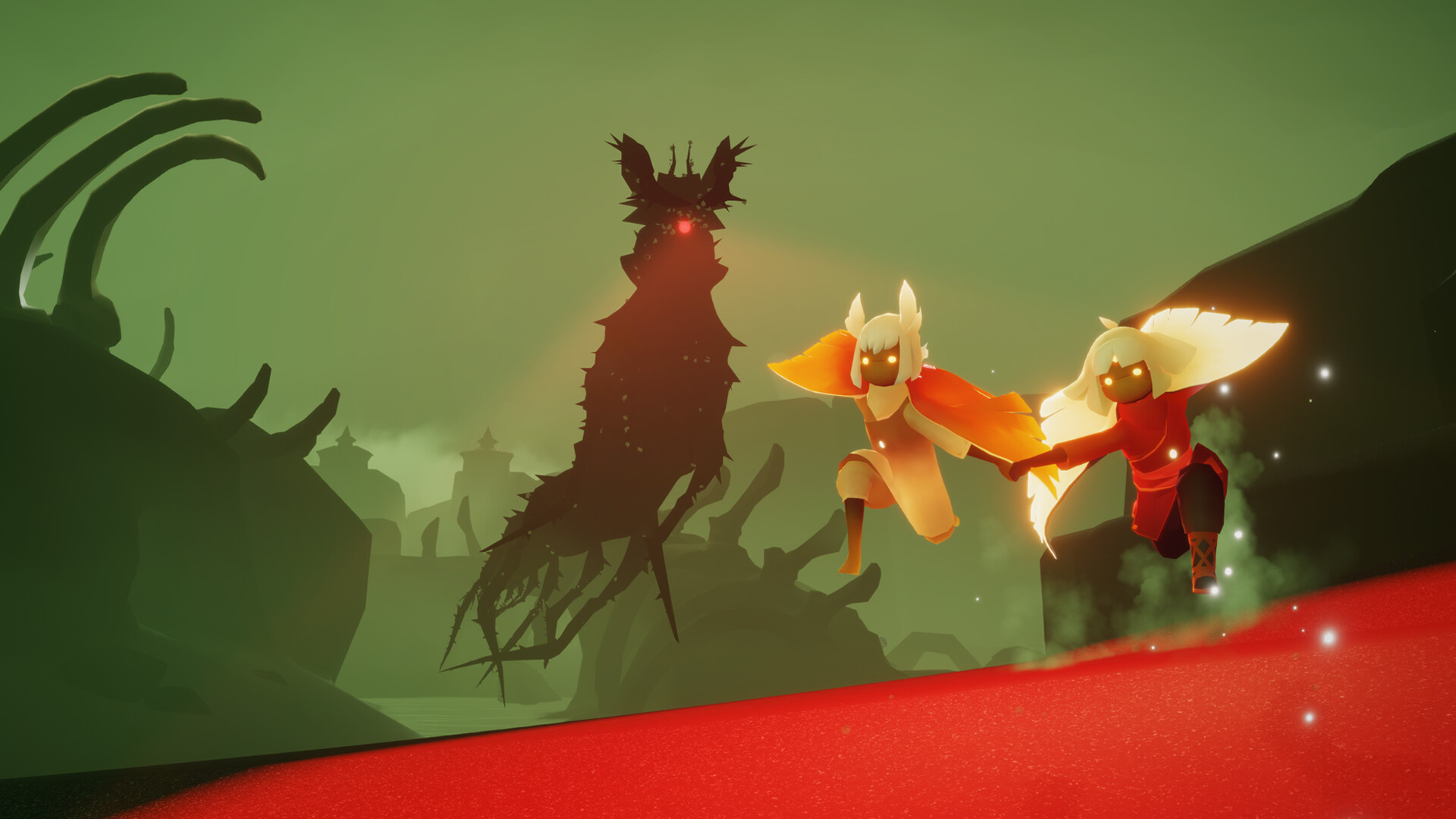
Sky borrowed what it needed from the MMO space to thrive, the daily login rewards and cash shop, and otherwise avoided becoming WoW wearing Journey's cloak. It manages to preserve the features that made Journey into a sensation: the flying, exploration, soundtrack, and anonymized multiplayer, without burdening the experience with RPG trappings. Be warned that it does have several different currencies (candles, ascended candles, seasonal candles, and more), so it's not quite as minimalist an experience as Journey.
Sky is all about barefoot surfing down a grassy meadow on your way to uncover a secret new area, and becoming dear friends with a total stranger along the way. Even without a public chat system, Sky manages to capture the same experience as some of the best MMO encounters: like my time following ESO's famous bridge-sleeper.
It shows that deviating from the old MMO rules doesn’t have to be a death sentence.
One of my favorite Sky memories is stumbling into its Cave of Prophecies area totally unaware of the tough element-themed platforming challenges it contains. At its final Trial of Fire, another player and I huddled together, unable to navigate the dark labyrinth without being caught by patrolling balls of fire that meant instantly being sent back to a checkpoint.
After several separate false starts, I requested to become their friend and offered them my hand, which in Sky allows me to pull them along with me like a guide. They accepted, and bravely stuck with me for over 30 minutes as I pulled up a Trial of Fire video guide on my phone, and congratulated me with a series of musical chirping noises at each new safe zone I managed to find us in that dangerous trial. We haven't played together since, but I don't think I'll ever take the mysterious player I nicknamed “Tilly” off my friends list.
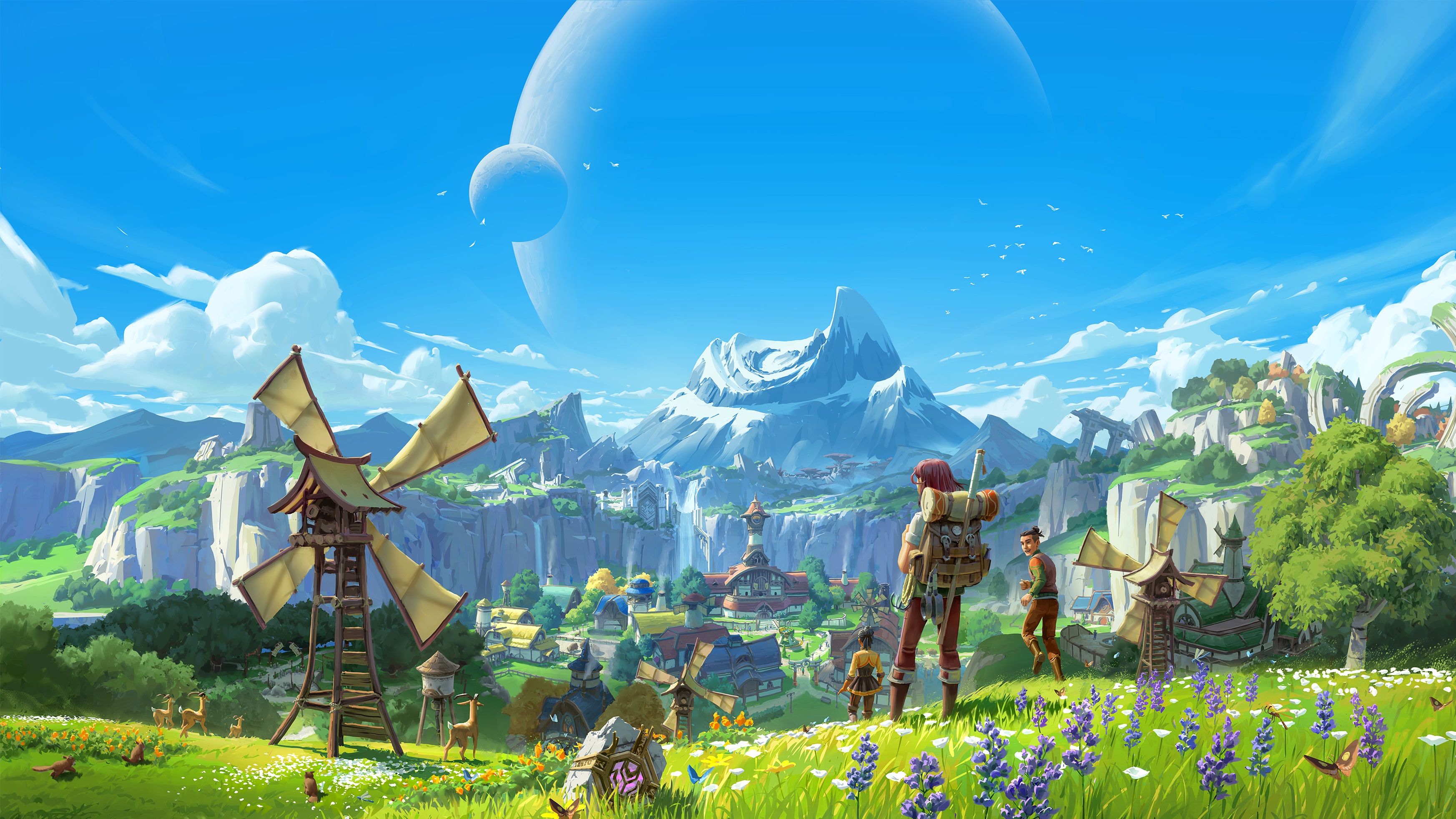
Other games have tried to play around with MMO conventions with mixed success. I personally found the “tiny multiplayer online” game Book of Travels by the developers of the Shelter series a beautiful departure from massive games. And the community sim Palia is one that I consider one of the best games like Stardew Valley right now, in part because no one else has tried to tackle an MMO farm sim experience in the same way.
Unfortunately both studios suffered layoffs not long after the launch of these experimental MMOs. I'd begun to worry that departure from the WoW format really was a dead end. But Sky has already proven itself. It's been in “open beta” for nearly five years, first on mobile then on consoles, and has arrived on PC this month as an already well-established game with a thriving community that as of September last year reported it had over 7 million daily players worldwide.
It shows that deviating from the old MMO rules doesn't have to be a death sentence. And that there are so many kinds of games other than RPGs that could still succeed as massive, online games.
Making a free-to-play live service games with daily quests and a cash shop isn't at all what I expected the developers of that emotional four hour flying game Journey would be doing now. Not only have they done it, but they've done it well—proving that MMOs still have so much room left to grow.


